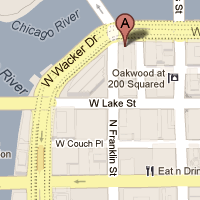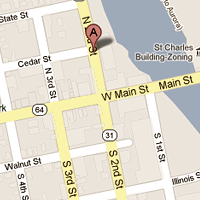Stryker Defective Hip Implants
The Stryker hip replacements now under scrutiny contain an interchangeable neck component. Because this component is interchangeable and not a permanent fixture, the connection between the neck and the femoral stem has the potential to grind, releasing shards of metal and toxic chemicals into the bloodstream. This creates what is known as metallosis – an adverse tissue reaction to metals in the body. Metallosis can cause painful swelling, limited mobility, pseudotumors, hip joint failure and other serious conditions. In addition, the grinding components in the device can also cause the implant to loosen and fail completely. This can result in a fracturing of the bone around the implant.
Recalled: Stryker Hip Implants Are you injured or suffering from this device?
Stryker Hip Replacement Recall
Despite receiving significant patient complaints regarding the serious issues with these devices, Stryker did not initially pull them from the market and did not warn patients or surgeons of potential dangers from use of their products. As a result, thousands more patients underwent surgery to have these devices implanted in their hips. These patients now face more surgery, injury and illness as a result of these defective products.
Stryker initially responded to complaints about early failure by claiming that patients had not undergone proper rehabilitation after surgery. They also attempted to blame the implantation techniques of the operating doctors. Additionally, in a Product Correction Bulletin dated April of 2012, the Stryker Corporation stated the following: "Factors such as diabetes and infection may play a role in potential corrosion of an implant as these conditions may affect the pH of the tissue surrounding the implant."
Then in July of 2012, after receiving thousands of complaints from patients who had been injured by these devices, Stryker voluntarily recalled its Rejuvenate and ABG II modular-neck hip devices, stating there was risk for corrosion, which could result in local tissue damage. The company has already publicly stated that it expects the recall to cost them as much as $390 million – due in large part to lawsuits and legal expenses.
Were you previously turned away?
If you have already attempted to take legal action for problems with a Stryker Rejuvenate or ABG II hip implant and been turned away, you may still have a case. The primary hip joint in both of these models does not create metallic corrosion and fretting, since it is made of ceramic. Because of this, many patients seeking legal counsel for issues with this device were initially turned away. Since that time it has come to light that the femoral neck and the hip stem are the components that fret and corrode, causing metal fragments to come lose. This inherent flaw in these two implant models is irrefutable, giving you a second chance at the compensation you deserve.
If you have received a Stryker hip implant and have experienced any adverse effects, you may have a case. Please contact our office for a free Stryker Hip Replacement Lawsuit consultation. It will cost you nothing to find out what might be done in your situation and we collect no fees until we win your case.


